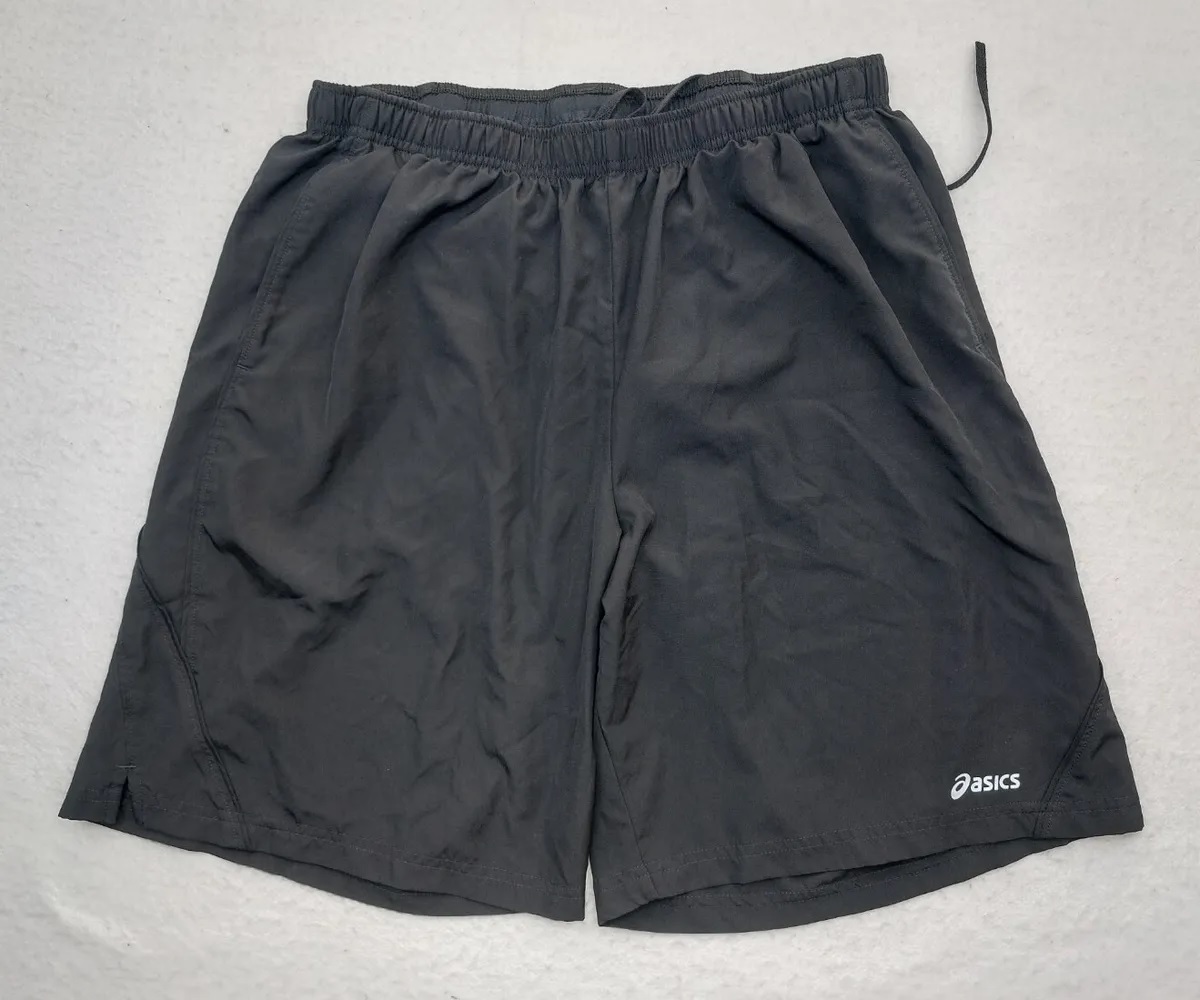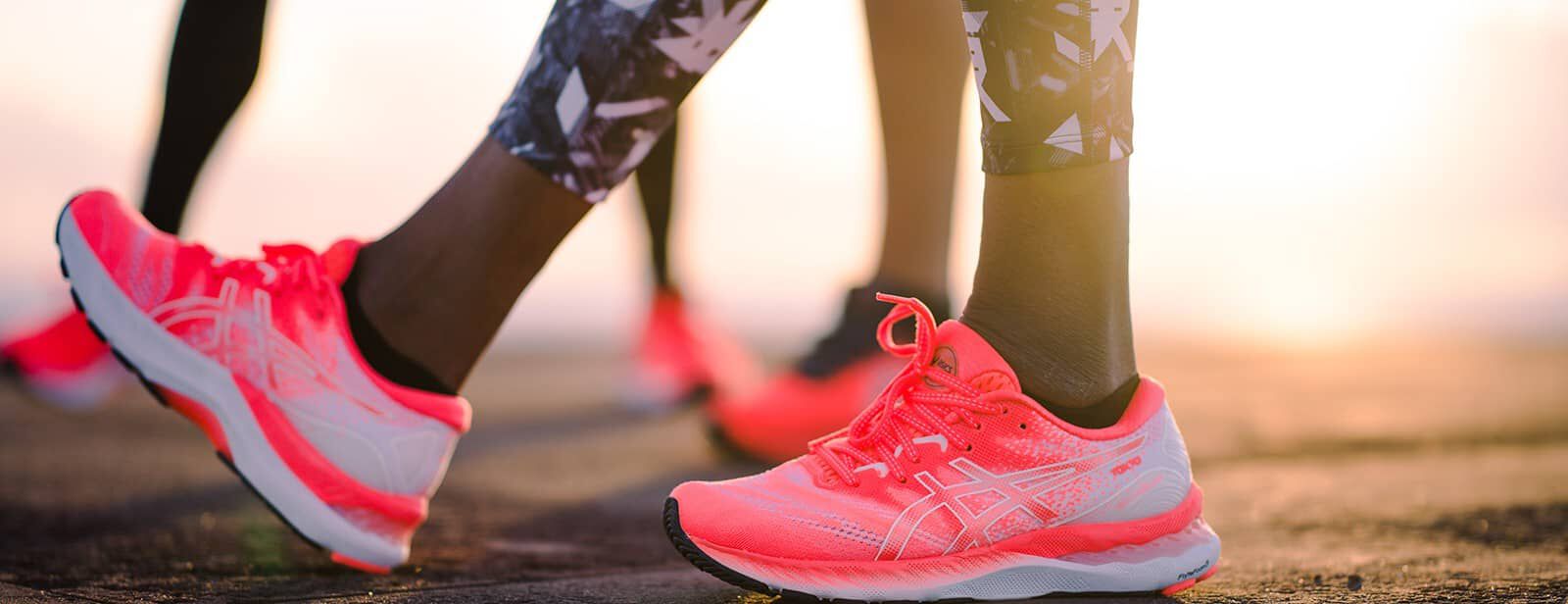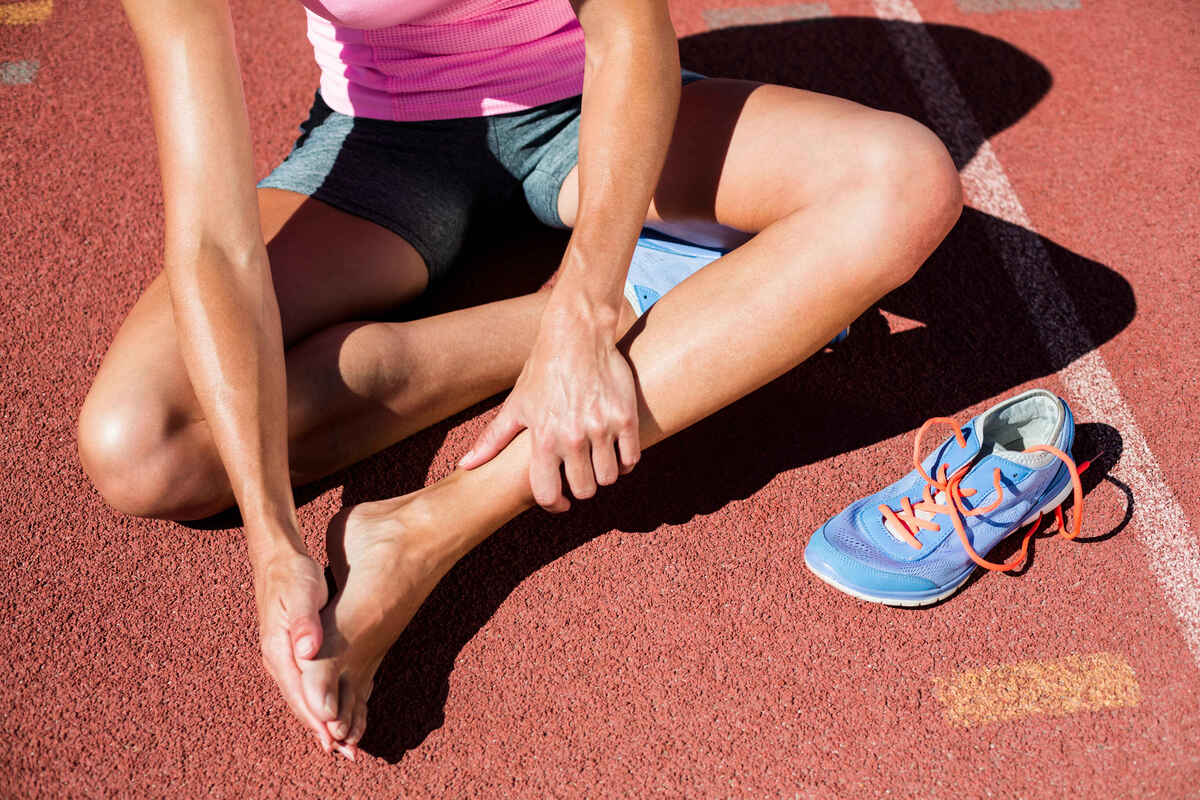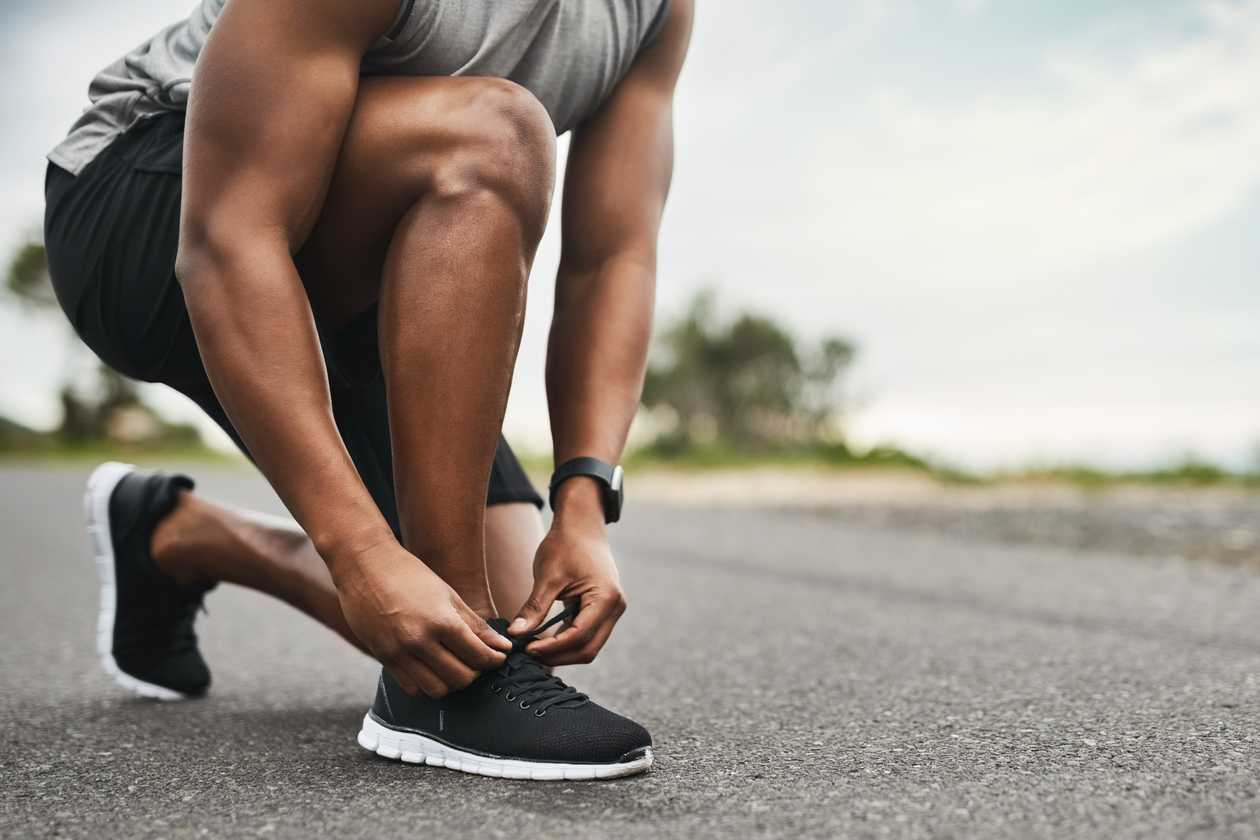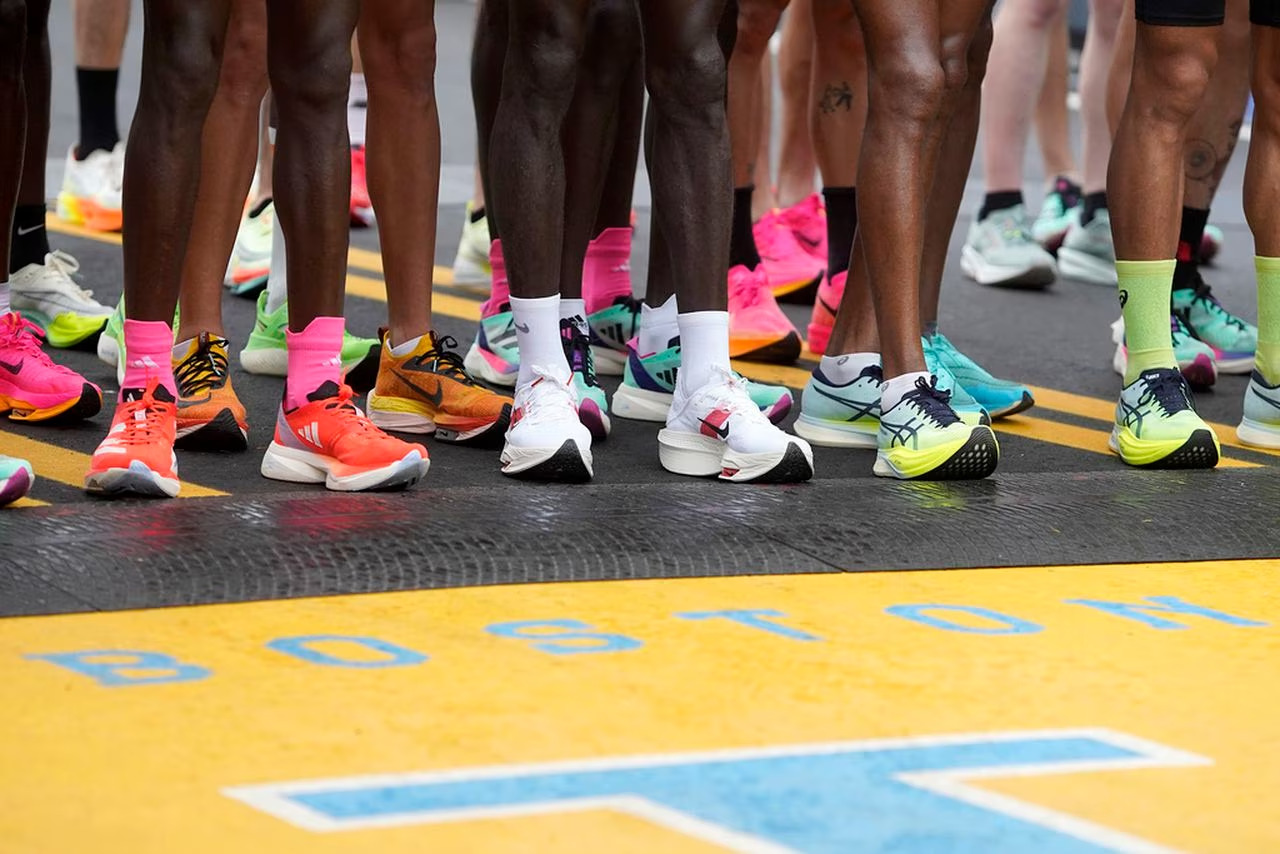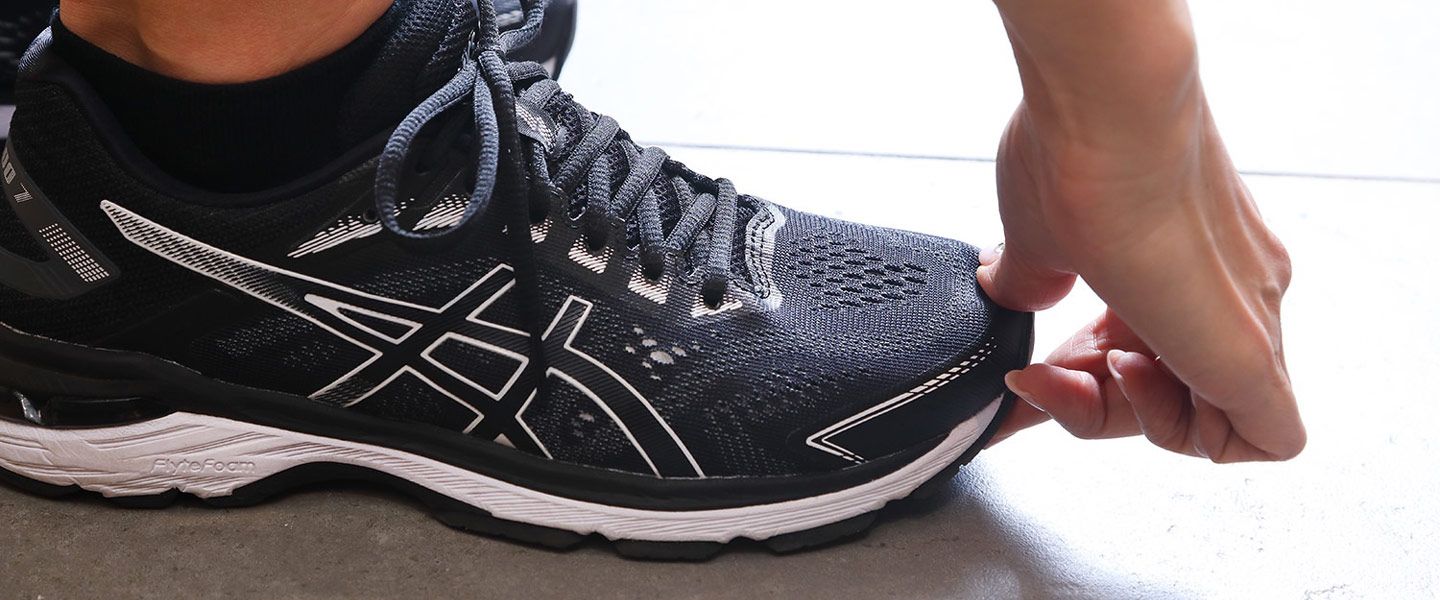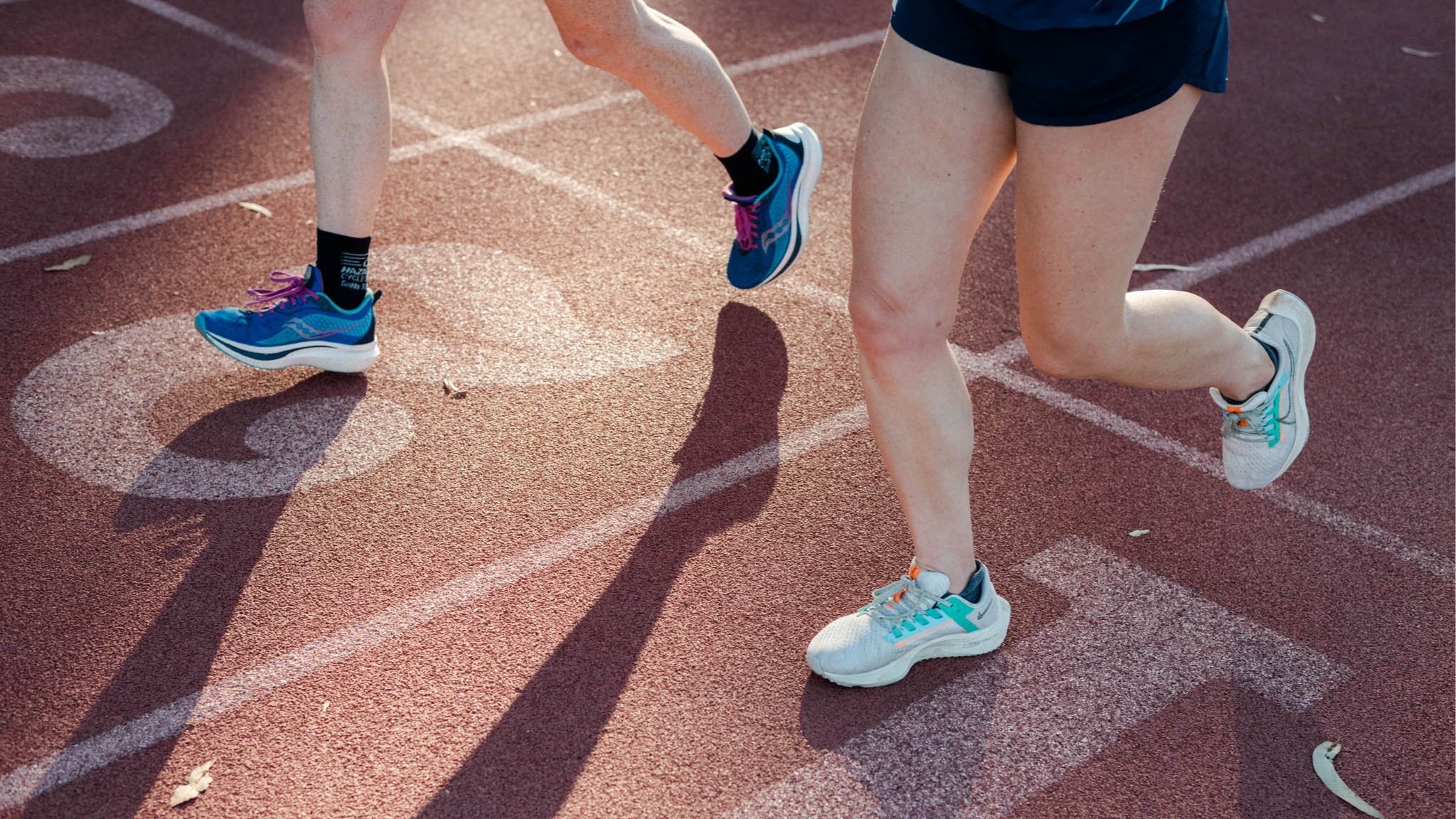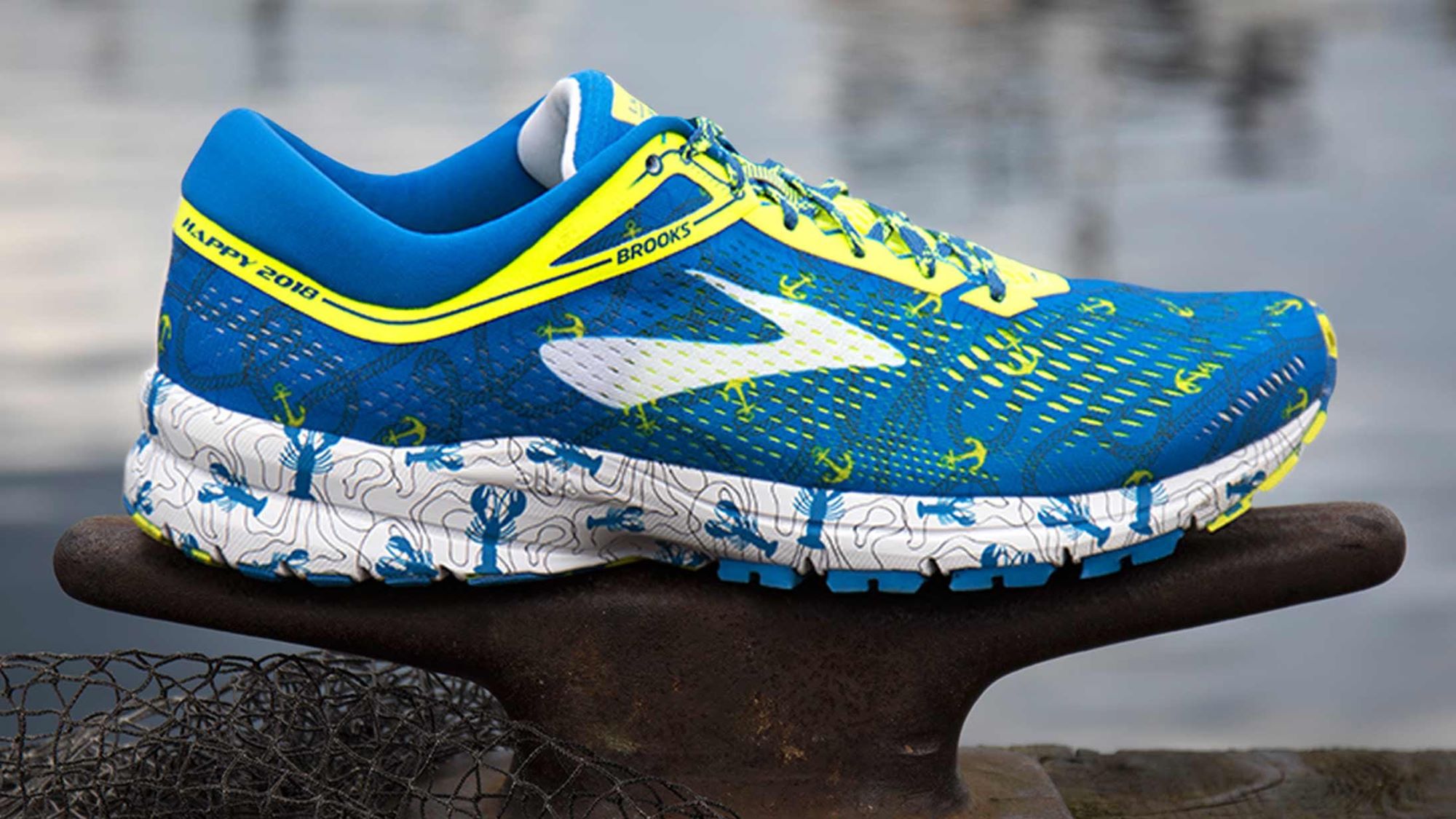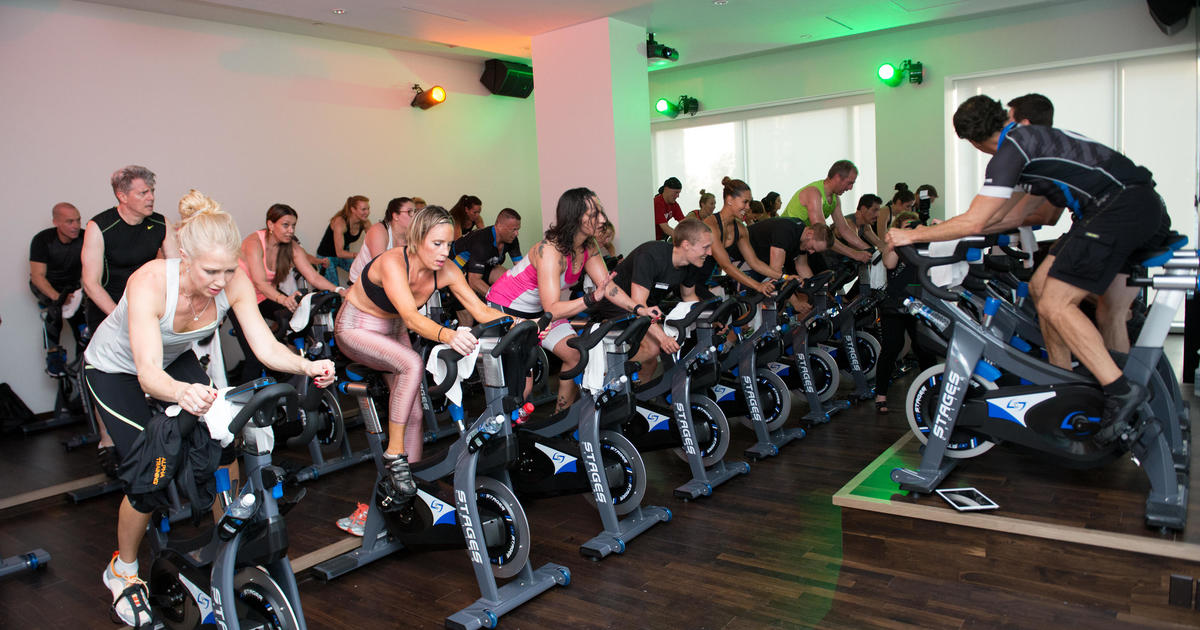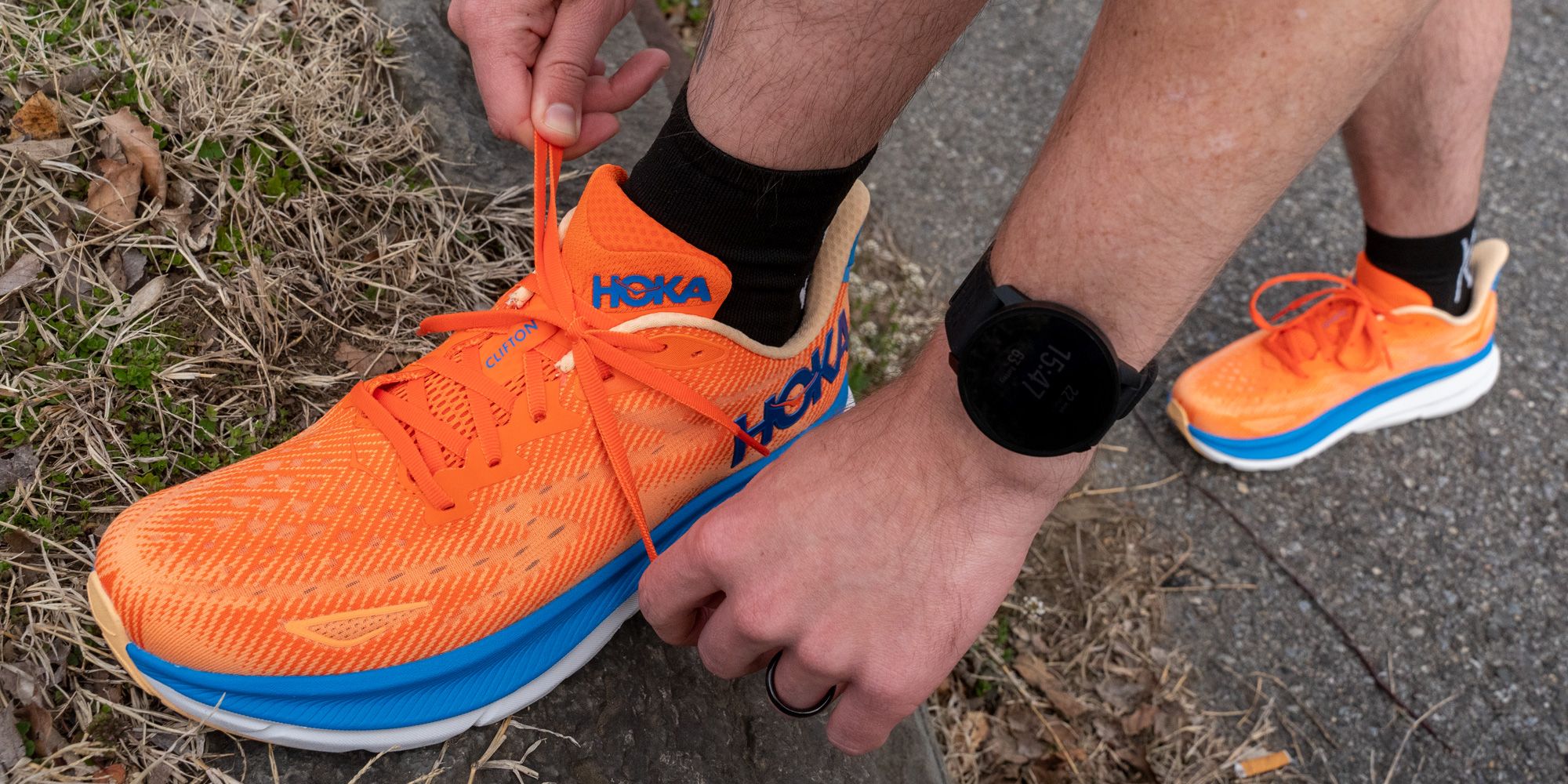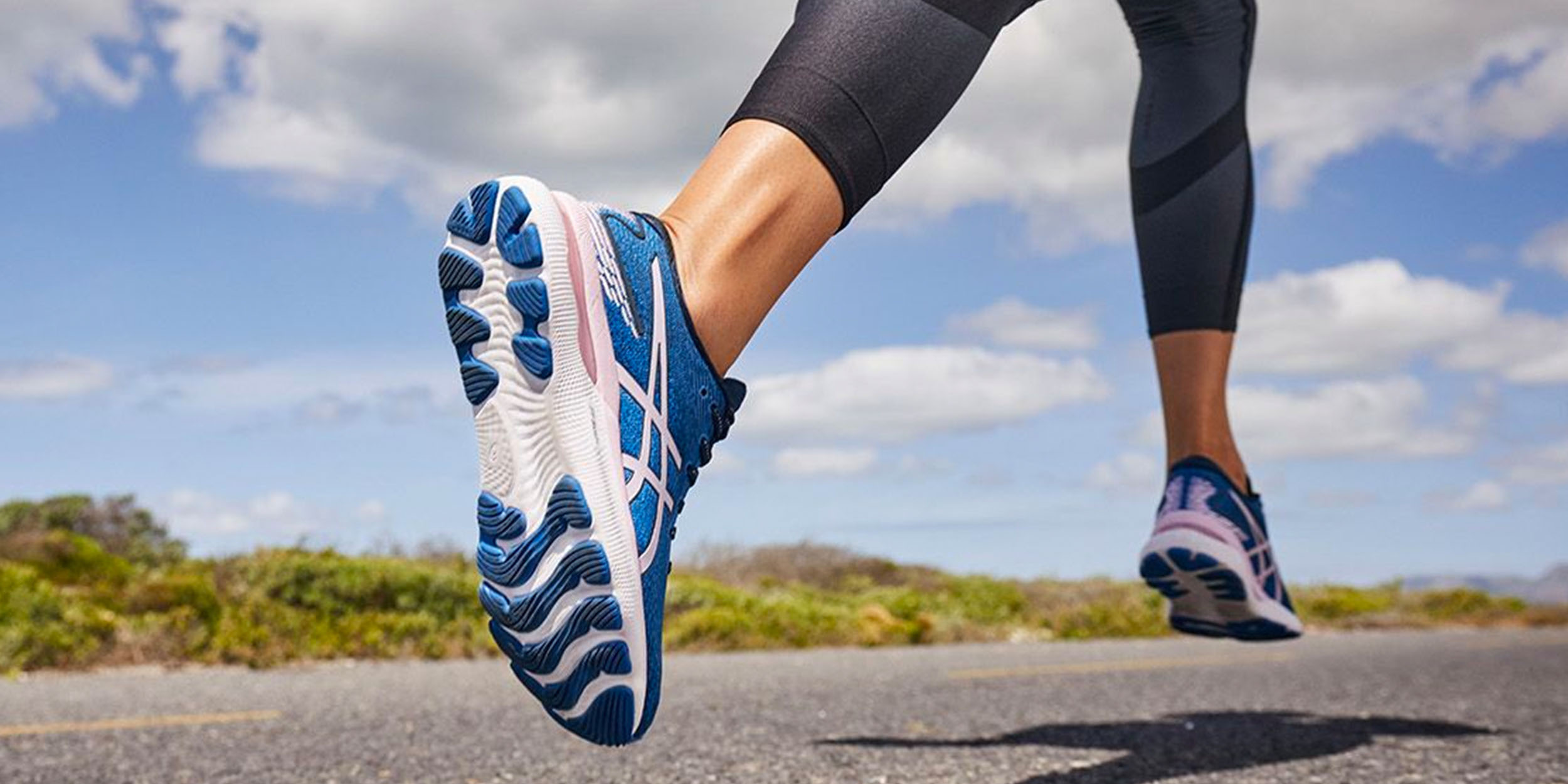

Brands
Where Are Asics Running Shoes Made
Modified: August 19, 2023
Discover where popular running shoe brands like Asics are made. Explore the manufacturing locations and learn more about the origins of your favorite running shoes.
Introduction
Welcome to the world of ASICS running shoes, where quality, performance, and innovation come together. ASICS is a renowned brand in the athletic footwear industry, with a rich history dating back decades. When it comes to running shoes, ASICS has consistently been a top choice among professional athletes and casual runners alike.
ASICS, which stands for “Anima Sana In Corpore Sano” or “A Sound Mind in a Sound Body,” is dedicated to creating footwear that enhances the overall running experience. The brand’s commitment to quality is evident in every pair of ASICS running shoes – from the advanced technologies used in their construction to the meticulous attention to detail in the design process.
In this article, we will explore the fascinating world of ASICS running shoe manufacturing. We will take a closer look at the brand’s history, the various countries where ASICS shoes are made, the factors that influence location selection, and the rigorous quality control measures implemented throughout the production process.
Whether you are a seasoned marathon runner or just beginning your fitness journey, understanding the origins of your running shoes and the craftsmanship behind them can enhance your appreciation for the product and enable you to make more informed purchasing decisions. So, let us dive into the story of ASICS running shoe production and unravel the secrets behind their success.
History of ASICS Running Shoes
The history of ASICS running shoes dates back to 1949, when Kihachiro Onitsuka founded the brand in Kobe, Japan. Initially known as Onitsuka Co. Ltd., the company began by manufacturing basketball shoes with a focus on improving athletes’ performance. Over the years, it expanded its product range to include running shoes, becoming a pioneer in the field.
ASICS gained international recognition during the 1964 Tokyo Olympics when the brand’s running shoes were worn by several athletes, leading to a surge in popularity. The company’s dedication to designing footwear that prioritized comfort, durability, and stability propelled it to new heights.
In the 1970s, ASICS introduced its iconic “Tiger Stripes” branding, symbolizing the brand’s agility and speed. This distinctive design element quickly became synonymous with ASICS running shoes and was adopted on various models.
Throughout the decades, ASICS has continuously pushed the boundaries of innovation in running shoe technology. The brand has introduced numerous advancements, such as Gel cushioning systems to provide superior shock absorption, lightweight materials for enhanced performance, and biomechanical studies to improve the overall fit and support of their footwear.
ASICS has earned a reputation for collaborating with athletes and experts in the field to develop cutting-edge running shoe technologies. These collaborations have resulted in advancements like FlyteFoam midsole technology, which offers exceptional lightweight cushioning and responsiveness, and the Impact Guidance System (IGS), designed to help runners achieve a more natural stride.
Over the years, ASICS has remained committed to the principles of quality, performance, and innovation. The brand’s dedication to continuously improving its products has solidified its position as a leader in the running shoe market. ASICS running shoes are trusted by both professional athletes and everyday runners, providing the support and comfort needed to achieve their personal bests.
Manufacturing Locations of ASICS Running Shoes
ASICS running shoes are produced in factories located across the globe. The brand strategically selects manufacturing locations to ensure high-quality production and meet the growing demand for their products. Let’s take a closer look at some of the countries where ASICS shoes are manufactured.
Japan, the birthplace of ASICS, continues to play a significant role in the production of the brand’s running shoes. Many of ASICS’ cutting-edge technologies and innovations are developed and manufactured in Japanese facilities, leveraging the country’s expertise in precision engineering and attention to detail.
ASICS also has manufacturing facilities in China. China’s robust manufacturing infrastructure and skilled workforce enable the brand to meet the global demand for its products. These factories adhere to stringent quality control measures to ensure that every pair of ASICS shoes meets the brand’s high standards.
Additionally, ASICS has manufacturing hubs in Vietnam. Vietnam has emerged as a popular location for footwear production due to its skilled labor force, cost-effectiveness, and favorable trade agreements. The factories in Vietnam work closely with ASICS to maintain the brand’s high-quality standards while meeting the production demands.
Besides Japan, China, and Vietnam, ASICS manufacturing facilities can be found in other countries such as Indonesia, Thailand, and Cambodia. These locations offer advantages such as cost-effectiveness, skilled labor, and proximity to key markets.
ASICS takes pride in maintaining ethical and sustainable manufacturing practices. The brand ensures that its factories comply with labor laws and standards, providing fair working conditions and wages for employees. ASICS also places emphasis on reducing its environmental impact, implementing measures to minimize waste, conserve energy, and use eco-friendly materials.
The distribution and allocation of production among these manufacturing locations are carefully managed by ASICS to optimize efficiency, deliver high-quality products, and meet the diverse needs of its customers around the world.
By leveraging the expertise and resources from these manufacturing locations, ASICS is able to produce running shoes that are not only performance-driven but also durable and reliable, empowering runners to strive for their goals and achieve their full potential.
Countries Where ASICS Shoes are Made
ASICS running shoes are manufactured in several countries around the world. The brand’s commitment to quality and innovation has led to the establishment of production facilities in strategic locations. Let’s explore some of the countries where ASICS shoes are made.
- Japan: As the birthplace of ASICS, Japan plays a crucial role in the production of the brand’s running shoes. Japanese manufacturing facilities adhere to strict quality standards and employ advanced technologies to ensure superior craftsmanship.
- China: China is another significant manufacturing hub for ASICS running shoes. With its well-established infrastructure and skilled workforce, China enables the brand to meet the global demand for its products while maintaining cost-effectiveness.
- Vietnam: The production of ASICS shoes in Vietnam has gained traction in recent years. The country offers favorable trade agreements, skilled labor, and cost advantages. ASICS factories in Vietnam uphold the brand’s commitment to quality and ethical manufacturing practices.
- Indonesia: Indonesia is another country where ASICS running shoes are manufactured. The availability of skilled labor and a conducive business environment contribute to the production capabilities of ASICS in Indonesia.
- Thailand: Thailand is known for its expertise in footwear manufacturing, and ASICS has established production facilities there to tap into this expertise. The country’s skilled workforce and efficient supply chain make it an ideal location for ASICS shoe production.
- Cambodia: Cambodia has emerged as a growing manufacturing location for ASICS running shoes. The country offers competitive labor costs and a burgeoning footwear industry, making it an attractive choice for ASICS production.
These are just a few examples of the countries where ASICS shoes are made. ASICS carefully selects these manufacturing locations based on various factors such as production capabilities, labor expertise, cost-effectiveness, and proximity to key markets.
Regardless of where ASICS shoes are produced, the brand maintains consistent quality across all manufacturing facilities. Stringent quality control measures are implemented to ensure that every pair of ASICS running shoes meets the brand’s high standards of performance, comfort, and durability.
By diversifying production locations, ASICS is able to efficiently meet the growing global demand for their products while upholding their commitment to craftsmanship and customer satisfaction.
Factors Considered in Selecting Manufacturing Locations
Choosing the right manufacturing locations is a crucial decision for ASICS when it comes to producing their high-quality running shoes. Several factors are taken into consideration to ensure efficient production and maintain the brand’s commitment to excellence. Let’s explore some of the key factors that influence ASICS in selecting their manufacturing locations.
- Expertise and Skills: ASICS looks for countries that have a skilled workforce with expertise in footwear manufacturing. The availability of trained workers ensures that the shoes are made with precision and attention to detail.
- Infrastructure and Supply Chain: A strong infrastructure and efficient supply chain are important considerations for ASICS. These factors determine the smooth flow of materials, components, and finished products, ultimately contributing to timely production and delivery.
- Cost-Effectiveness: Cost-effectiveness is crucial in the selection process. ASICS evaluates the cost of labor, raw materials, transportation, and other operational expenses. This helps the brand optimize production costs while maintaining competitive pricing for their running shoes.
- Trade Agreements: ASICS takes into account trade agreements and regulations of the countries they consider for manufacturing. This ensures smooth import and export processes, reducing barriers to international trade.
- Proximity to Markets: Being close to key markets is beneficial for ASICS. Manufacturing in regions near their target markets enables faster delivery and reduced shipping costs.
- Ethical and Sustainable Manufacturing: ASICS prioritizes ethically and sustainably made products. They select manufacturing locations that adhere to labor laws, provide fair working conditions, and enforce environmental sustainability measures.
By carefully considering these factors, ASICS can maintain consistent quality while meeting the demand for their running shoes worldwide. The brand strives to strike a balance between high-level craftsmanship and cost-effectiveness, ensuring that customers receive value for their investment.
Ultimately, the selection of manufacturing locations is a strategic decision driven by ASICS’ commitment to excellence, innovation, and customer satisfaction.
Quality Control in ASICS Shoe Production
ASICS places a strong emphasis on quality control throughout the entire shoe production process. From the selection of materials to the final inspection of finished shoes, meticulous measures are implemented to ensure that each pair of ASICS shoes meets the brand’s high standards of excellence. Let’s delve into the quality control procedures followed in ASICS shoe production.
Material Selection and Testing: ASICS carefully selects materials for their running shoes, considering factors such as durability, flexibility, and breathability. The chosen materials undergo rigorous testing to ensure they meet the brand’s quality standards. This includes assessing factors like strength, abrasion resistance, and performance in various environmental conditions.
Manufacturing Guidelines: ASICS provides strict manufacturing guidelines to their production facilities, outlining detailed specifications and processes for each component of the shoe. This ensures consistency and uniformity in the production process across different manufacturing locations.
Production Line Inspections: Regular inspections are conducted throughout the production line to identify and address any possible quality issues. These inspections include checking the assembly of different shoe components, verifying the accuracy of measurements, and ensuring proper adhesion and stitching.
Product Testing: ASICS conducts extensive product testing to evaluate the performance and durability of their shoes. This includes simulated wear and tear tests, biomechanical testing, and evaluations of cushioning and stability. Test results are analyzed to make any necessary improvements to the shoe design or manufacturing process.
Quality Control Checks: Before the shoes leave the production facility, they undergo thorough quality control checks. This involves inspecting every pair for any defects, ensuring proper fit, verifying consistent color and aesthetics, and confirming that all components are securely attached.
Independent Testing: ASICS also enlists the services of independent laboratories to conduct additional tests on their running shoes. These tests assess factors like impact absorption, slip resistance, and overall performance. The results provide further assurance of the quality and reliability of ASICS products.
Customer Feedback: ASICS values customer feedback and is committed to continuously improving their products. They actively solicit feedback from athletes, coaches, and everyday runners to gather insights and make necessary adjustments to enhance the performance and comfort of their shoes.
By adhering to stringent quality control measures, ASICS ensures that their running shoes deliver the optimal combination of comfort, durability, and performance. This commitment to quality has earned ASICS a reputation as a reliable brand in the athletic footwear industry.
Conclusion
ASICS running shoes represent the perfect blend of craftsmanship, innovation, and performance. With a rich history and a commitment to excellence, ASICS has become a trusted name in the world of athletic footwear. Understanding the journey of ASICS running shoe production sheds light on the brand’s dedication to quality and customer satisfaction.
From the brand’s inception in Japan to its expansion into manufacturing locations around the world, ASICS has strategically selected countries that offer expertise, cost-effectiveness, and access to key markets. This ensures that ASICS can meet the global demand for their running shoes while maintaining their strict quality standards.
The quality control measures implemented throughout every stage of production, from material selection and testing to final inspections, demonstrate ASICS’ commitment to delivering reliable and durable products. With a focus on ethical manufacturing practices and sustainability, ASICS goes beyond creating high-performance shoes to prioritize the well-being of those involved in their production process and minimize their environmental impact.
ASICS continually pushes the boundaries of innovation, collaborating with athletes and experts to develop cutting-edge technologies that enhance the running experience. By incorporating feedback from customers and conducting extensive testing, ASICS ensures that their running shoes meet the unique needs and preferences of runners of all levels.
Whether you are a professional athlete striving to achieve your next personal record or a passionate runner committed to an active lifestyle, choosing ASICS running shoes provides the confidence and support you need to reach your goals. The dedication, attention to detail, and commitment to excellence in every pair of ASICS shoes make them more than just footwear – they are a reliable companion on your running journey.
So, lace up your ASICS running shoes and experience the perfect harmony of comfort, performance, and style. Your journey to greatness starts with every step you take in ASICS.
